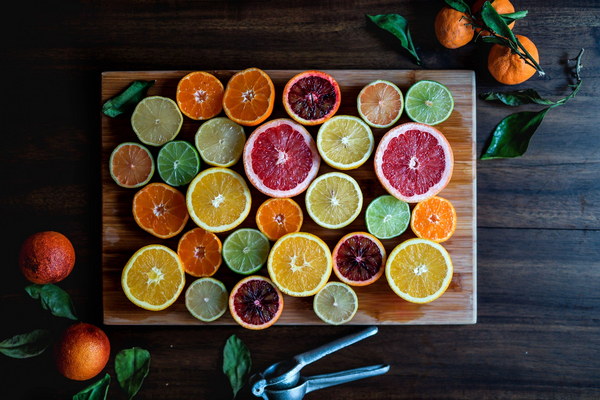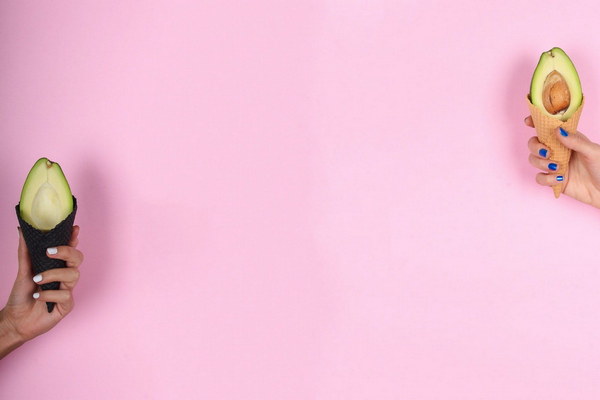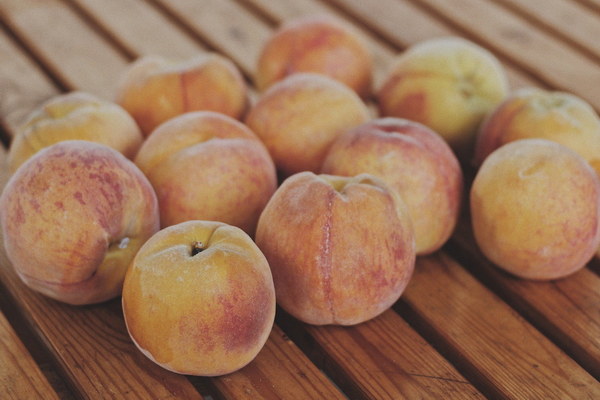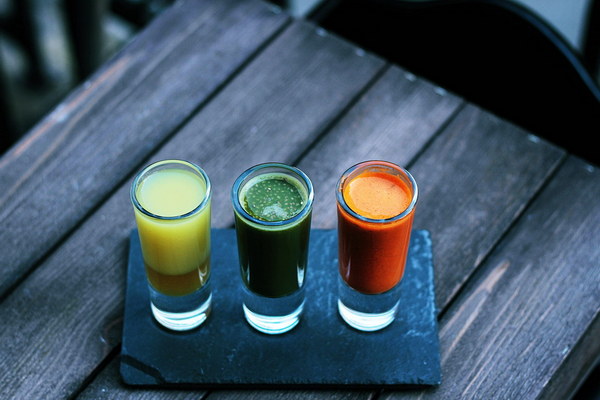Revitalize Your Body A Comprehensive Guide to Balancing Qi and Blood in Traditional Chinese Medicine
In the realm of Traditional Chinese Medicine (TCM), maintaining a harmonious balance of Qi (vital energy) and Blood is paramount to overall health and well-being. When the body's Qi and Blood are depleted or imbalanced, it can lead to various health issues. This article aims to provide a comprehensive guide on how to revitalize your body by balancing Qi and Blood according to TCM principles.
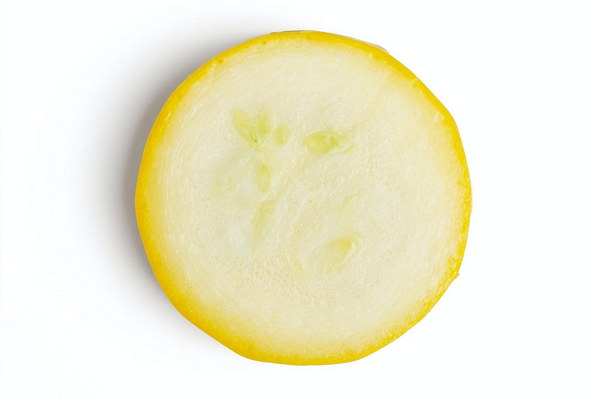
Understanding Qi and Blood in TCM
In TCM, Qi is considered the fundamental substance that animates and sustains life. It flows through the body's meridians, which are pathways that connect internal organs with external body parts. Blood, on the other hand, is the substance that nourishes the body's tissues and organs, providing them with the necessary nutrients and oxygen.
When Qi and Blood are abundant and flowing smoothly, the body remains healthy. However, various factors, such as stress, poor diet, and environmental factors, can disrupt this balance, leading to a state of disharmony and various health problems.
Signs of Qi and Blood Deficiency
Identifying the signs of Qi and Blood deficiency is essential in understanding the need for balance. Common symptoms include:
1. Fatigue and weakness
2. Pale or pale-yellow complexion
3. Poor memory and concentration
4. Cold hands and feet
5. Dizziness or fainting
6. Menstrual irregularities or cramps
7. Dry skin and hair
Revitalizing Your Body: Strategies for Balancing Qi and Blood
1. Acupuncture: Acupuncture is a key component of TCM and involves inserting fine needles into specific points on the body. These points are believed to be connected to the meridians and can help balance Qi and Blood, alleviate symptoms, and promote overall health.
2. Chinese Herbs: Chinese herbs are another vital aspect of TCM. They are used to address specific imbalances and can help replenish Qi and Blood. Common herbs used in Qi and Blood tonification include Astragalus, Codonopsis, and Ligustrum.
3. Diet: A balanced diet rich in nutrients can support Qi and Blood health. Incorporate the following foods into your diet:
- Iron-rich foods: Red meat, chicken, fish, beans, lentils, and fortified cereals
- Vitamin C-rich foods: Citrus fruits, berries, bell peppers, and leafy greens
- Vitamin E-rich foods: Nuts, seeds, avocados, and vegetable oils
- B vitamins: Whole grains, nuts, seeds, and legumes
4. Exercise: Regular physical activity can enhance circulation, improve Qi flow, and boost overall energy levels. Gentle exercises like Tai Chi, Qigong, and yoga are particularly beneficial in TCM.
5. Stress management: Chronic stress can deplete Qi and Blood. Techniques such as meditation, deep breathing exercises, and mindfulness can help reduce stress levels.
6. Sleep: Adequate sleep is crucial for Qi and Blood restoration. Aim for 7-9 hours of quality sleep per night.
7. Lifestyle adjustments: Reduce exposure to environmental toxins, such as pollution and excessive electromagnetic radiation, which can disrupt Qi and Blood balance.
Conclusion
Balancing Qi and Blood is essential for maintaining optimal health and well-being in TCM. By incorporating these strategies into your daily routine, you can revitalize your body and improve your quality of life. Remember to consult with a qualified TCM practitioner for personalized advice and treatment.
